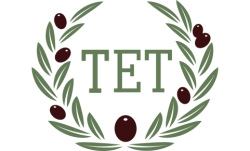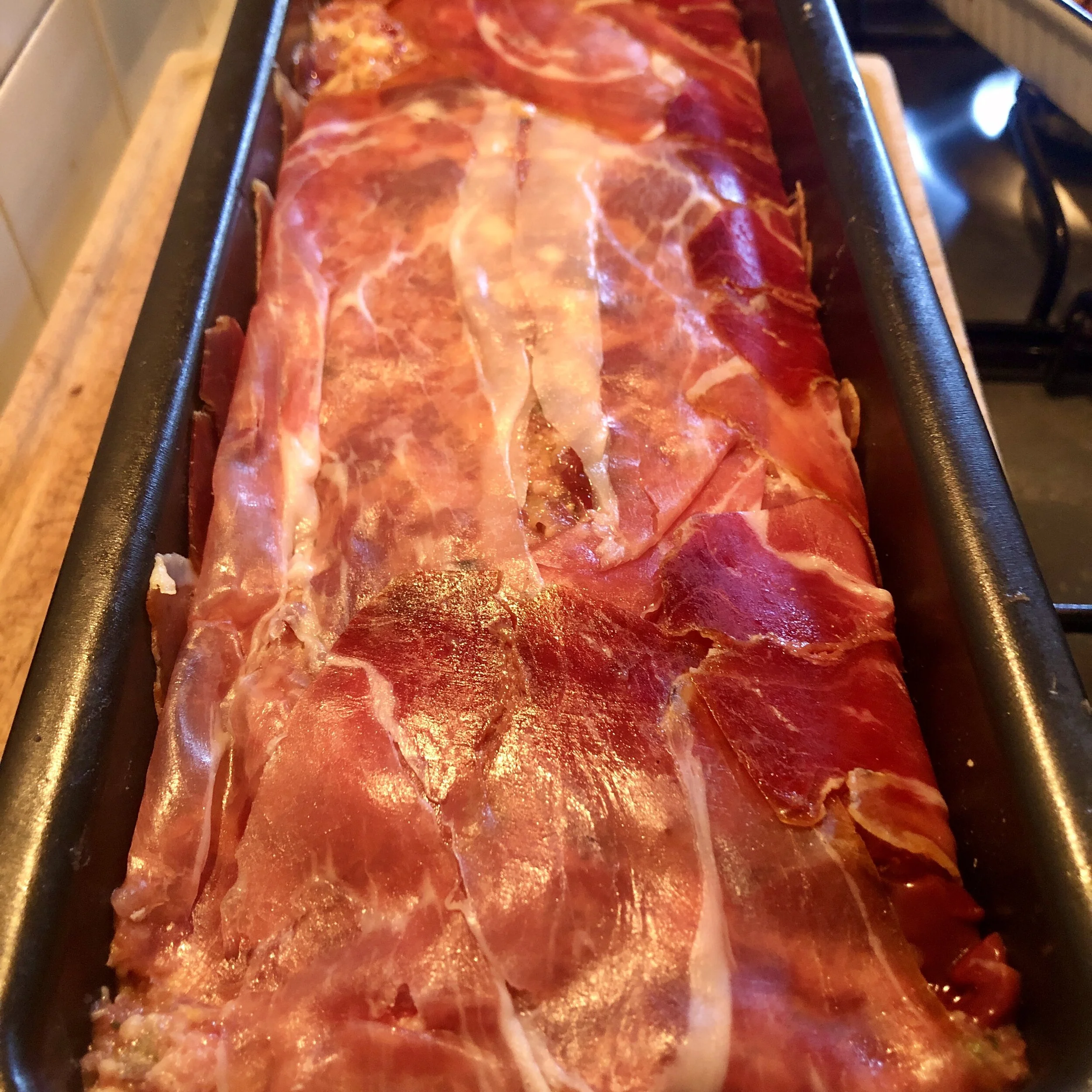Game meat dishes have a romantic, hearty ring to them: roast venison, stuffed partridge, braised hare. But the most elegant is surely pheasant under glass. I would wager that most people share in this groupthink even though they have never actually seen, let alone tasted this iconic wild fowl dish.
Still life with pheasant, roemer with lemon and bowl with fruits, Michiels Simons, 1659, Germany.
Henery hawk
Historical Analysis:
How did we arrive at that collective conclusion about pheasant? I’d say that it is looney tunes, or rather, Looney Tunes®. You may not remember the title of the 1950 cartoon episode The Leghorn Blows at Midnight, but I’d bet good money that you have seen it, even if it came out several years before you were born - as is my case. My theory is that pheasant under glass got indelibly lodged into our memory bank at a tender age through the antics of Foghorn Leghorn, Henery the chickenhawk and Dawg.
And all the better that those connotations are firmly in place as the recipe I am about to lay before you pays homage to the memory of this exemplary dish of culinary sophistication. Although buttered toast ranks high on my list of comfort foods, I think that this terrine is well in the running for a course on my ‘last meal’ menu.
Roast Pheasant Terrine with Duck Forcemeat
Are you one of those people who likes laborious challenging cooking, who doesn’t shy away from recipes that take days to execute, including several hours of hands-on work, requiring non-standard equipment and ingredients, and cannot be eaten until the day after cooking?
Well, have I got the recipe for you! Armchair chefs welcome.
Ingredients: Part 1
1 pheasant
[brine ingredients]
1/4 cup juniper
2 fresh bayleaves
1/4 cup dried thyme or fresh
5 cloves crushed garlic
100g salt dissolved in 2 liters of water
Pheasant basking in herb and spice brine
After brining, before baking
Instructions:
Crush the juniper and herbs. Combine all of the brine ingredients in a non-reactive container. Place the pheasant inside breast side down. Cover and refrigerate overnight.
Remove the next day, pat dry and place in a baking dish. Pre-heat oven to 220°C.
Bake for 15 minutes; turn and bake another 15 minutes. The point here is to get an evenly crispy skin. It matters less if the meat is cooked through.
Deglaze the baking tray in 1/4 cup water.
Ingredients: Phase 2 Duck Forcemeat
1 whole duck deboned yielding 650g meat and skin.
200g fatty pork
baked skin from pheasant
1tbsp fresh thyme
1tsp freshly ground pepper
1/2tbsp juniper
1/4 cup marsala wine
1 tsp salt
150g chopped chicken liver
Left: deboned duck. Right: forcemeat mix
Instructions:
In a meat grinder with a coarse die, grind the duck, pheasant skin, and pork and transfer the contents into a large bowl.
Roughly crush the thyme and juniper with a mortar and pestle. Add to the ground meat.
Add the deglazed broth and all of the rest of the ingredients. Mix well with your hands.
Phase 3 - Assembly
200g prosciutto
prosciutto lining
layer of pheasant on duck forcemeat
Instructions:
Pre-heat oven to 170°C.
Line a 30x10x7 loaf or terrine pan with prosciutto crudo leaving some to hang over the edges.
Carefully spread 1/3 of the meat mixture as the bottom layer.
Top with a layer of shredded meat from one breast, one thigh and whatever leg meat is on the pheasant. Distribute evenly.
Cover with another 1/3 of the forcemeat.
Another layer of pheasant in the same manner.
And the last layer of forcemeat. Cover over with the flaps of prosciutto.
final layer of forcemeat
seal with prosciutto
Cover with foil and bake for 1 1/2 hours until it reaches an internal temperature of 65°C.
Remove and rig up a way to apply weight to the top. I use kitchen towels (covered in plastic) and a brick. I keep a brick in the kitchen. It comes in handy.
Refrigerate overnight.
Terrine cooked, pressed, and cooled
Remove the terrine from the mold by carefully running a knife around the edge and shaking it a bit before flipping it over. Take care not to lose the precious gelée!
Unmolded terrine with its clear golden gelée
Let it rest and get its bearings for a while before cutting. You can leave it like this in the refrigerator, but slice the meat half an hour or so before serving so that it is not freezing cold.
Cut enough each time for the purpose at hand. You should get 25 slices out of this. I use a thin prosciutto knife for this.
Serve with a dab of gelée. Enjoy!
Cut pheasant terrine with dabs of gelée.















